Future's So Bright for a Sawbuck
Empowering Bangladesh's Indigenous and underprivileged youth with essential skills for less than US$10 per month
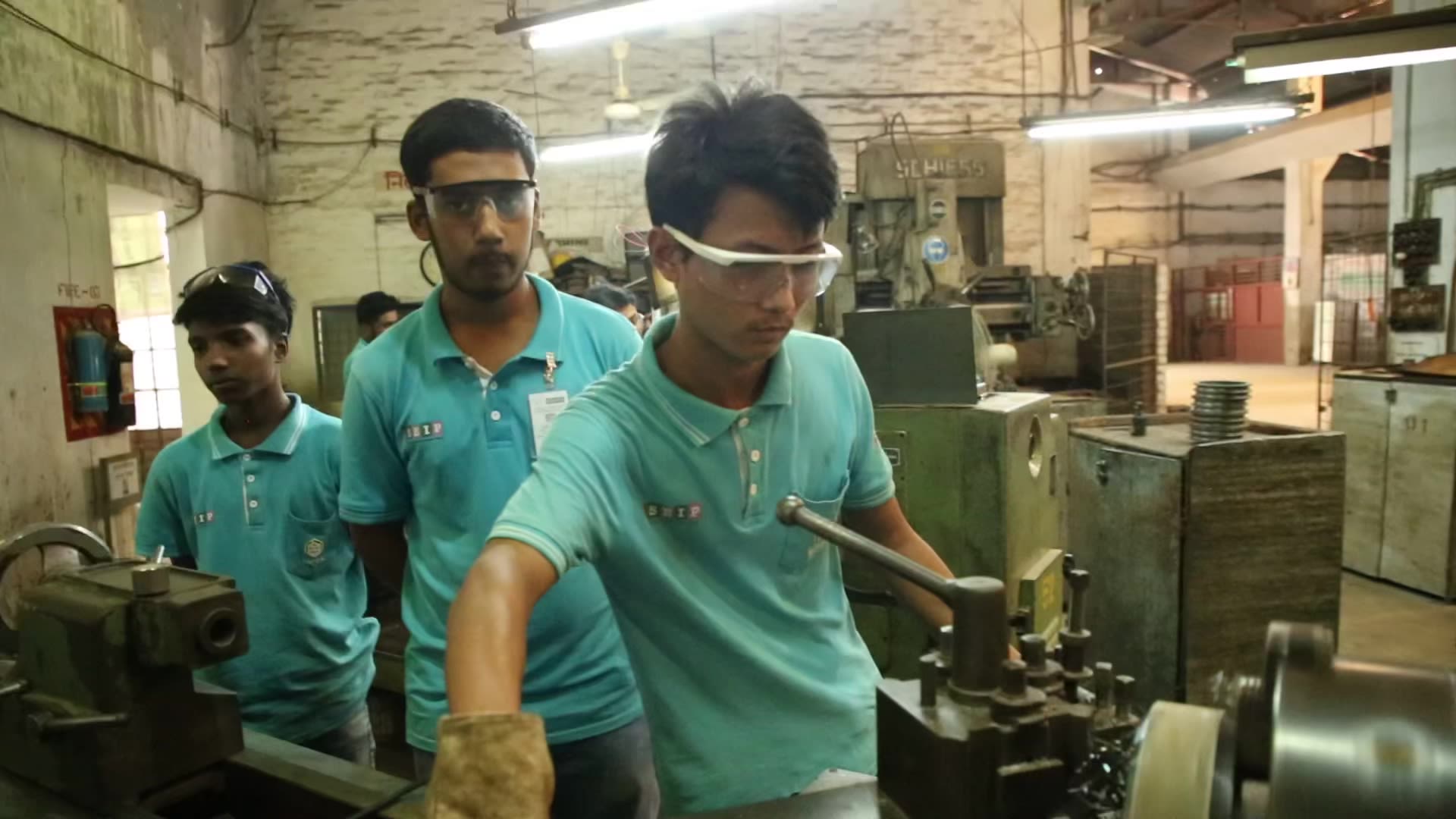
In Bangladesh, where widespread poverty and a high unemployment rate challenge the growth of the nation, a beacon of hope shines brightly in the form of a technical institute.
By providing vocational training and technical education, the institute is not just empowering youths with skills but is transforming entire communities through its impactful programs.
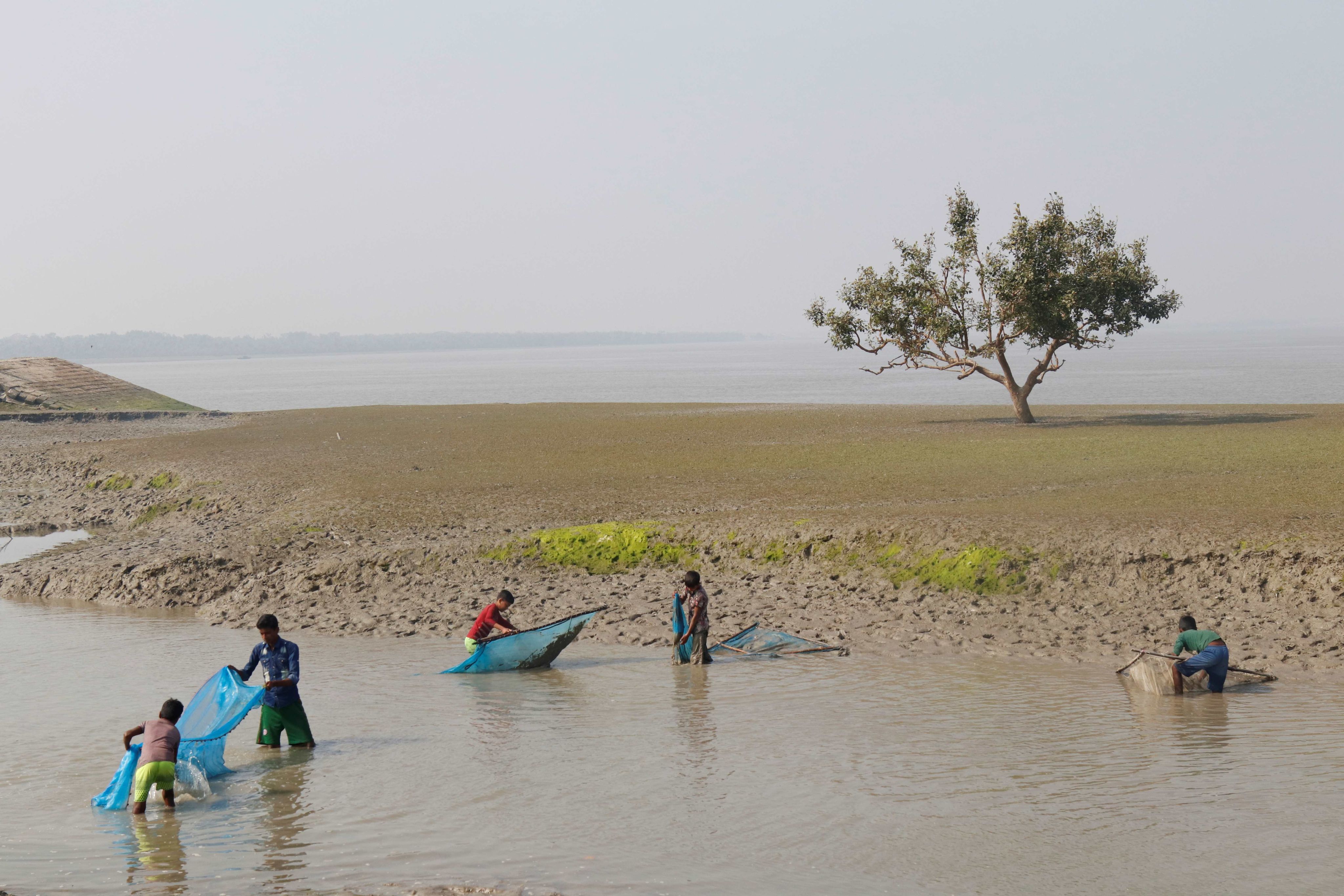
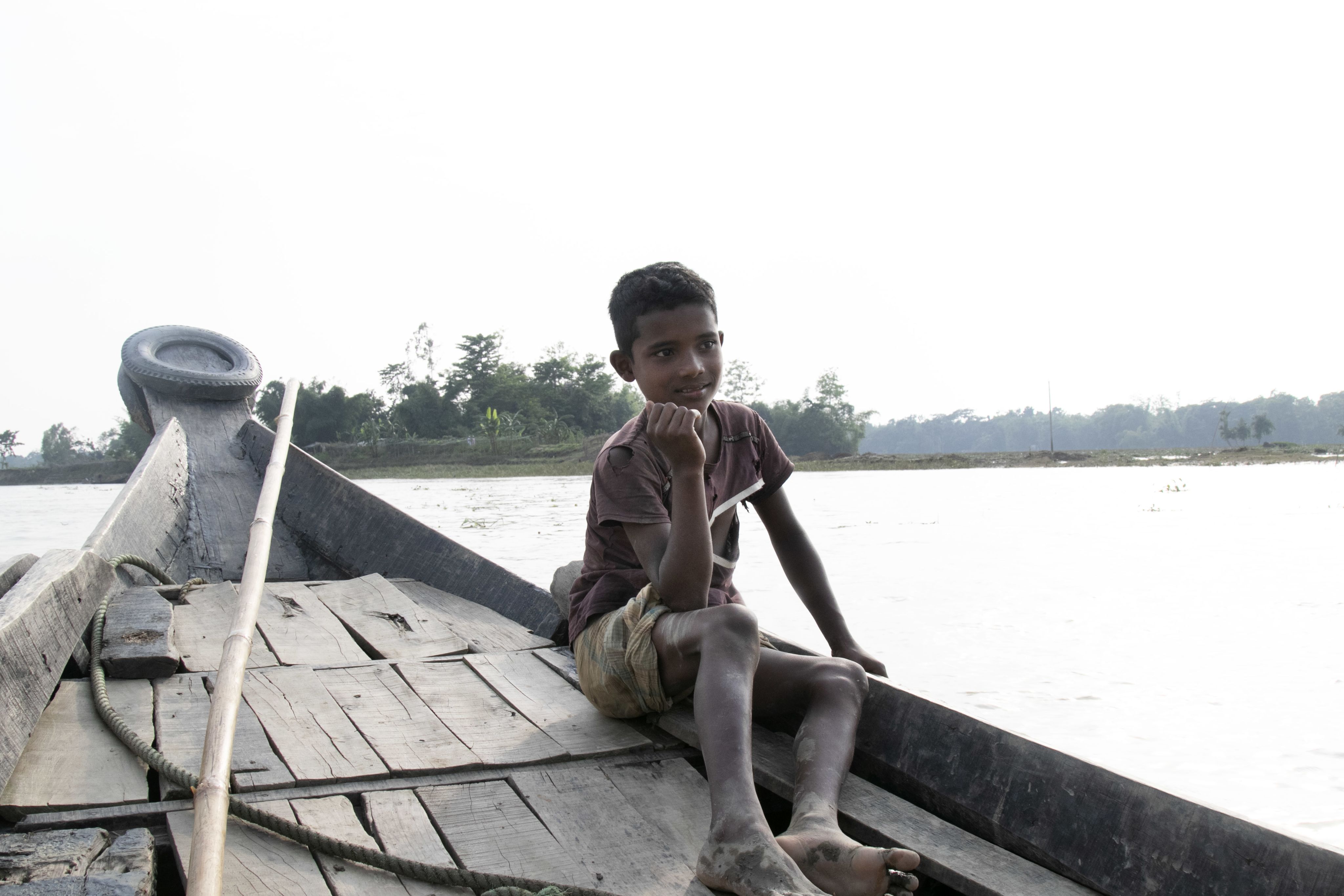
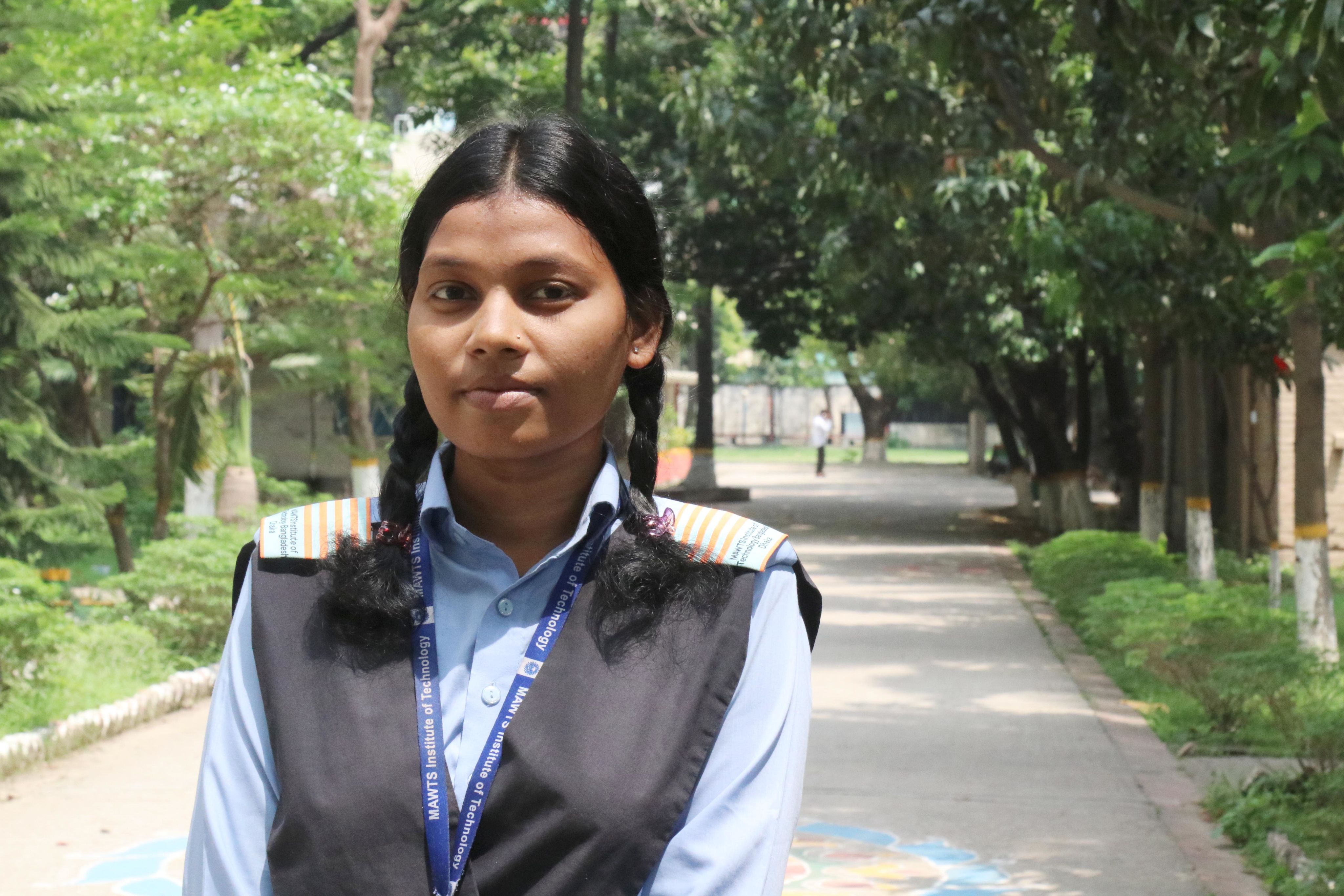
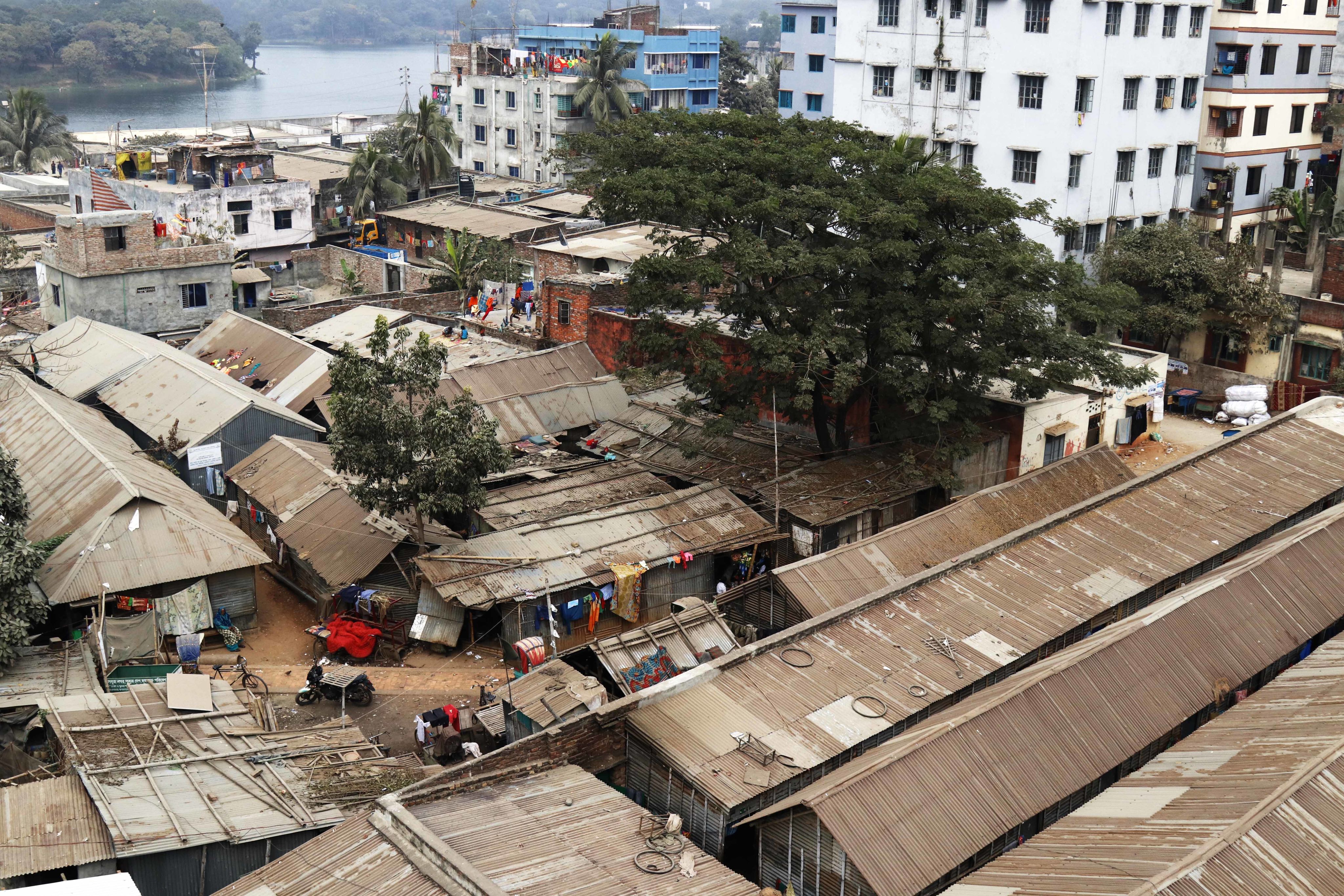
In Dhaka, 22-year-old student Morzina Soren from the Santal Indigenous community wants to be an engineer and build a sturdy brick house for her mother, which she says symbolizes stability and security—a stark contrast to their current living conditions.
Her dream is nurtured by the Mirpur Agricultural Workshop and Training School (MAWTS), a trust operated by Caritas Bangladesh, a Catholic charitable organization in Bangladesh and a member of Caritas Internationalis.
"The financial condition of our family is poor, but studying here at over 70 percent less cost has made this possible,"
The Santal Indigenous community is among the most deprived and underprivileged of the 50 Indigenous groups in Muslim-majority Bangladesh.y Bangladesh.
According to the 2022 Population Census, there are 1,650,159 people from ethnic communities, with the Santal Indigenous community numbering 129,049; making them the second largest tribal group after the Chakmas.
The Santal Indigenous community faces severe poverty and is often deprived of their rights, with their identity frequently questioned.
Their vulnerability was highlighted by recent ruthless attacks, including a 2015 incident where land grabbers vandalized and looted 65 houses in a Santali village in Dinajpur.
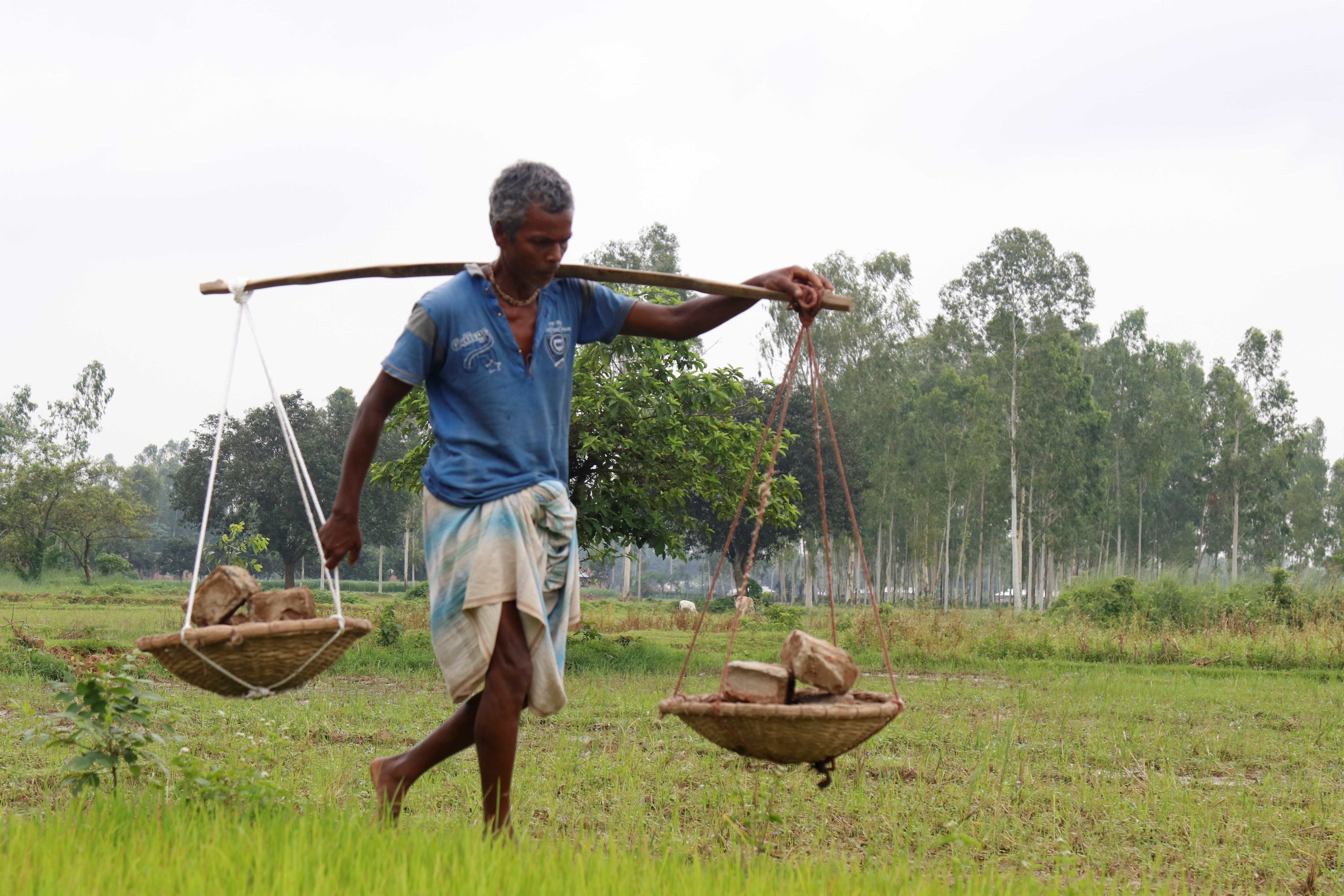
Poverty limit many to working as a day laborer.
Poverty limit many to working as a day laborer.
Traditionally, the Santal Indigenous community are agriculturalists, but many have lost their land to illegal land grabs. They have their own language, yet education in the country primarily operates in Bangla, hindering their educational progress.
Despite these challenges, individuals like Soren and other young members of the Santal Indigenous community are striving for education and decent jobs, often supported by Catholic church-run hostels and schools such as MAWTS.
Many of Soren's peers have dropped out, while a few pursue nursing. Soren herself noted, "If I hadn't come to MAWTS, I would have gotten married by now, as my family can't afford general education."
CORR Support
Soren's story is not an isolated one. MAWTS offers a range of technical courses at significantly subsidized rates, enabling students from impoverished backgrounds to pursue their dreams without the burden of excessive fees.
"I only pay 1,000 taka (about US$9 or less than a "Sawbuck") per month, including accommodation and food," Soren added, highlighting the affordability of her education which includes a comprehensive scholarship covering 70 percent of her costs.
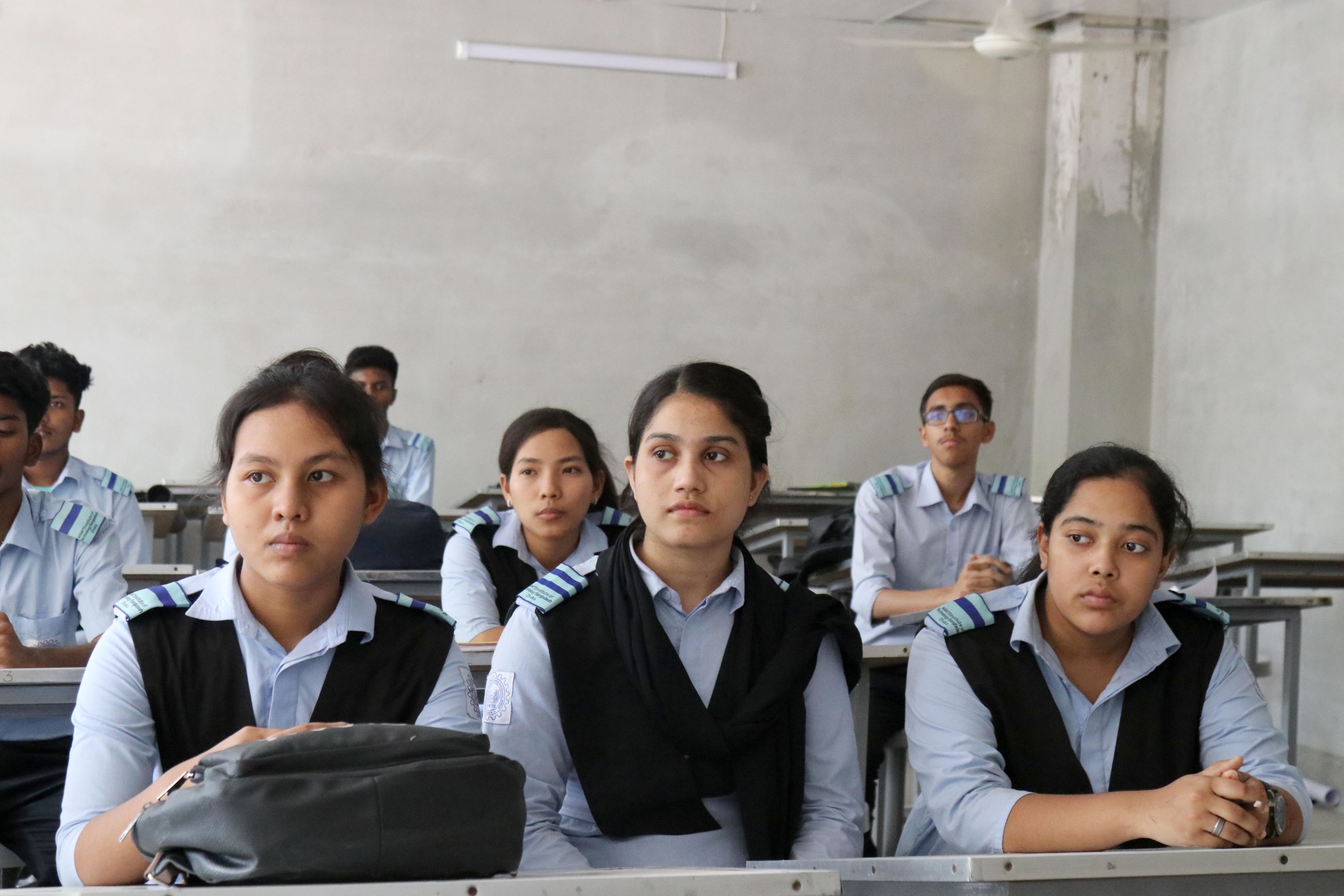
At MAWTS, girls and boys receive equal opportunities.
At MAWTS, girls and boys receive equal opportunities.
MAWTS is a Trust established by Caritas Bangladesh. Following the 1971 Liberation War, the Christian Organization for Relief and Rehabilitation (CORR), now known as Caritas, initiated extensive relief and reconstruction efforts throughout the devastated nation.
CORR deployed a fleet of trucks, power tillers, and irrigation equipment to facilitate these efforts in rural Bangladesh.
“At a certain point, CORR realized that the acute shortage of skilled personnel for repair and maintenance was severely hampering operations. It was then decided to establish a center to train rural youths in maintenance work,” James Gomes, director of MAWTS, said.
In 1973, Caritas Bangladesh and Caritas Switzerland collaborated to establish a workshop in Dhaka named MAWTS.
To enhance its independence and achieve its objectives, the institution was transformed into a Trust in July 2008, with all operations and management responsibilities transferred to the Board of Trustees.
Following the migration of unskilled workers abroad, MAWTS expanded its curriculum and increased its operational scale. This strategic expansion is not only boosting the national economy through the development of skilled labor but also enhancing overseas employment prospects for its trainees. James Gomes highlighted the institute's proactive adjustments to align with global market demands, particularly in fields such as agriculture and caregiving, which included introducing appropriate language training and other relevant courses.
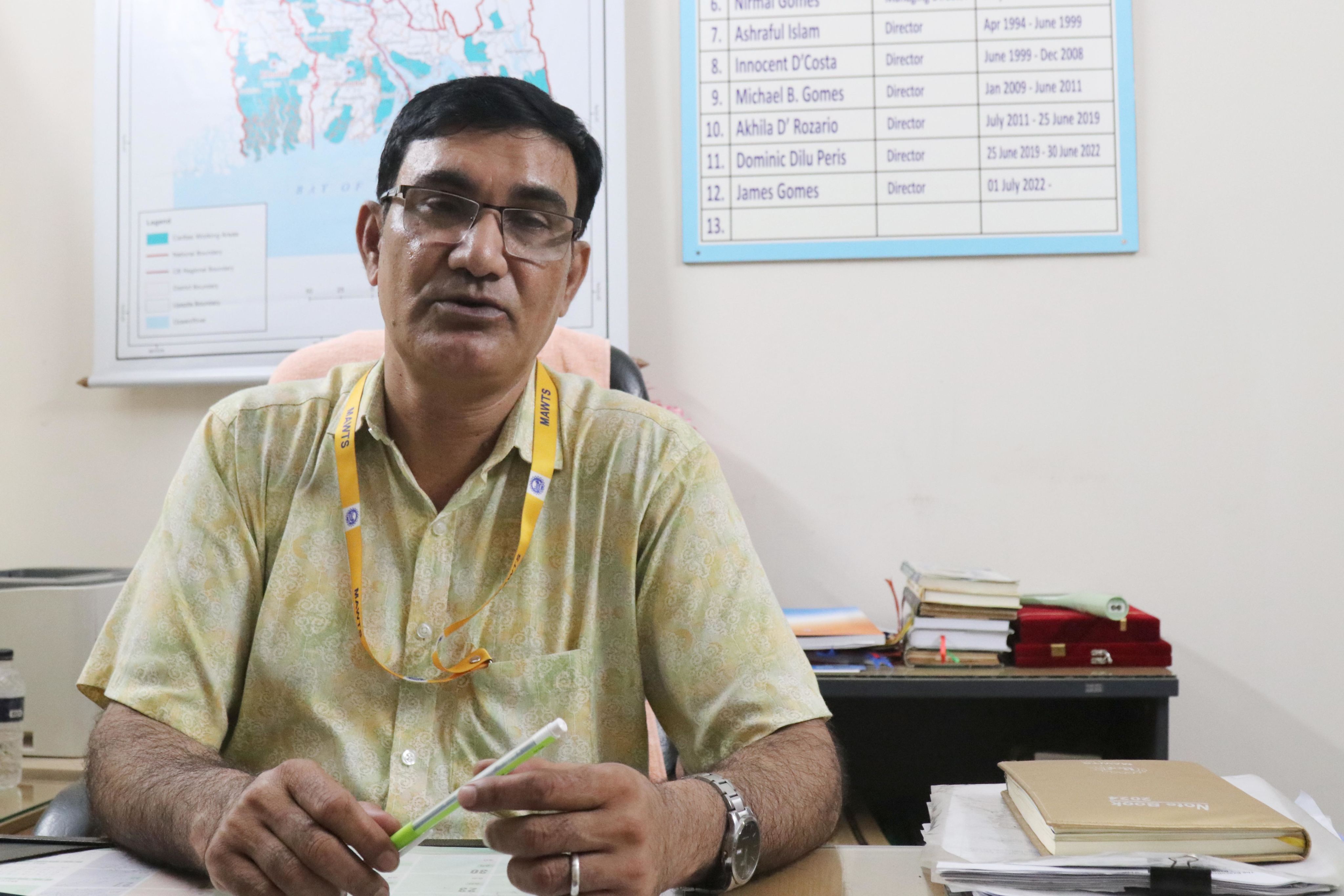
The impact of MAWTS stretches far beyond its classrooms. Approximately half a million alumni now work across the globe, contributing to economies from Asia to Europe.
"We're not just teaching; we're preparing our students for international careers by offering tailored courses that meet global market demands," Gomes said.
Annually, more than 800 students graduate with diplomas in fields ranging from civil engineering to electronics, ready to take on roles that are in high demand worldwide.
The success stories of MAWTS graduates illustrate the transformative power of vocational education. Atiur Rahman, former governor of the Bangladesh Bank, noted the significant contributions of these skilled workers to the national economy.
"These skilled individuals play a crucial role both at home and abroad, sending remittances that bolster our country’s finances," Rahman said.
The story of Hilarious Marandy, another MAWTS graduate, mirrors many others. From a humble background, he now works as an engineer, supporting his family and setting a precedent in his community.
"If not for MAWTS, I might still be in my village, uncertain of my future," he said.
Today, he not only secures a stable income but also serves as an inspiration to his community, demonstrating the life-changing impact of skilled education
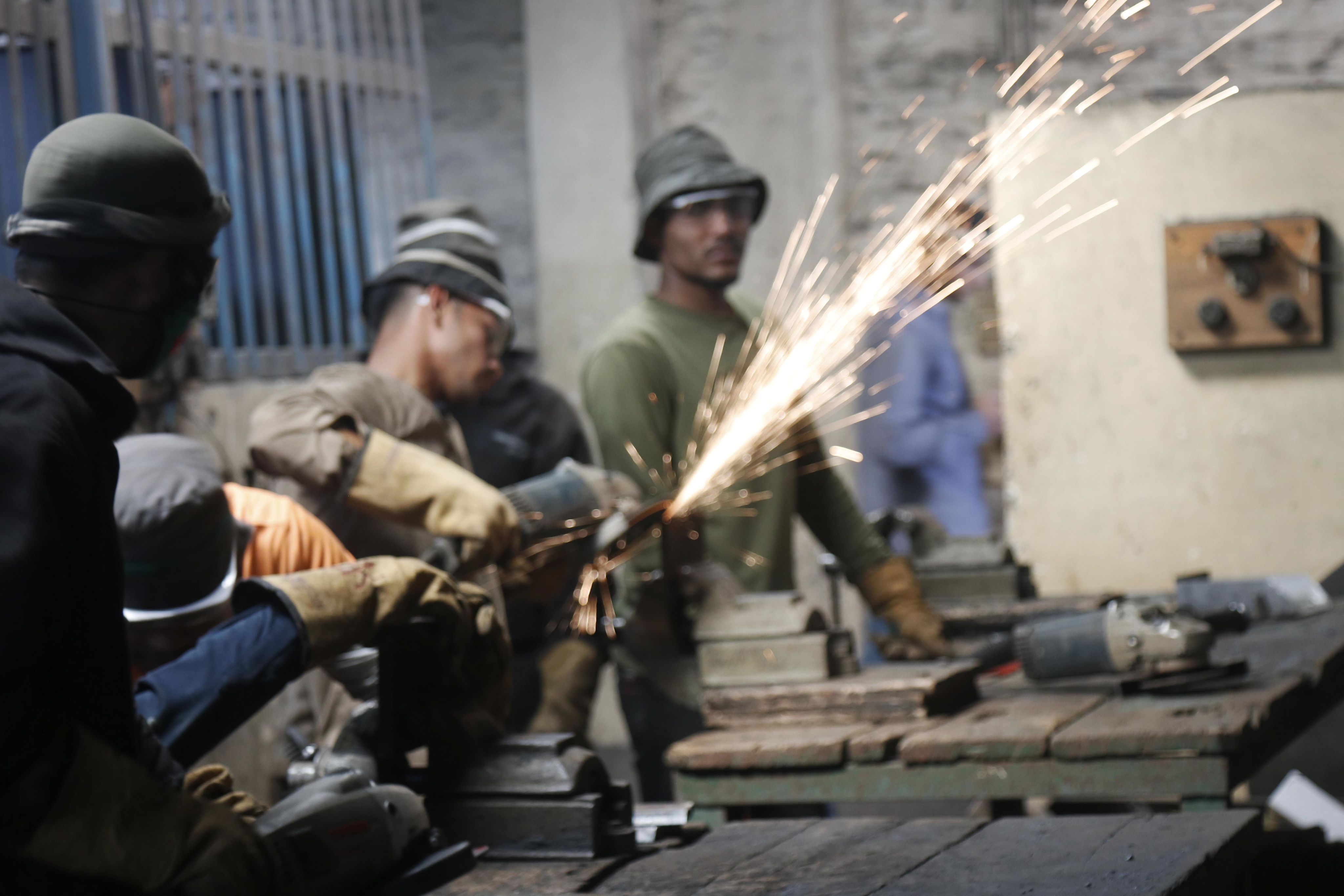
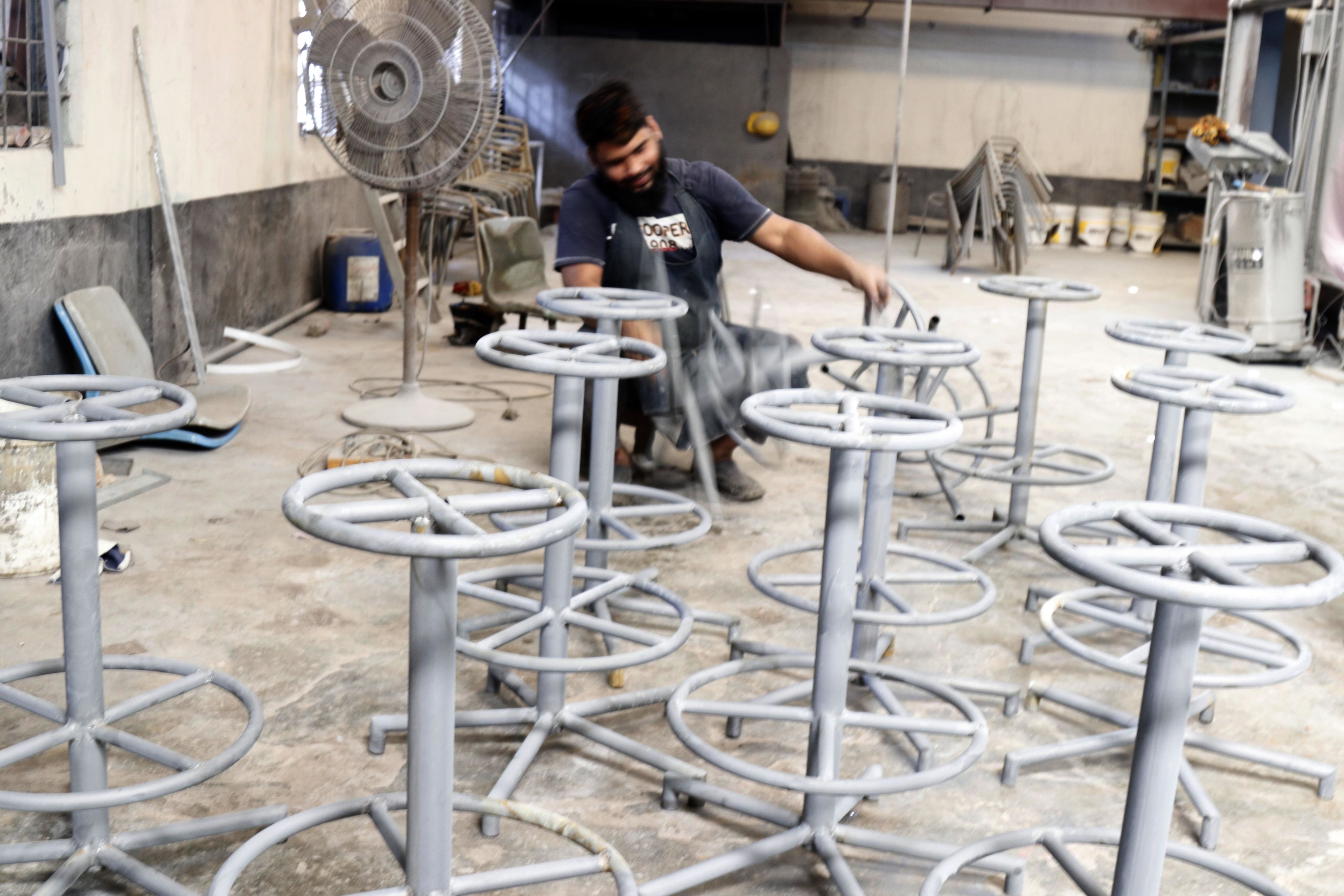
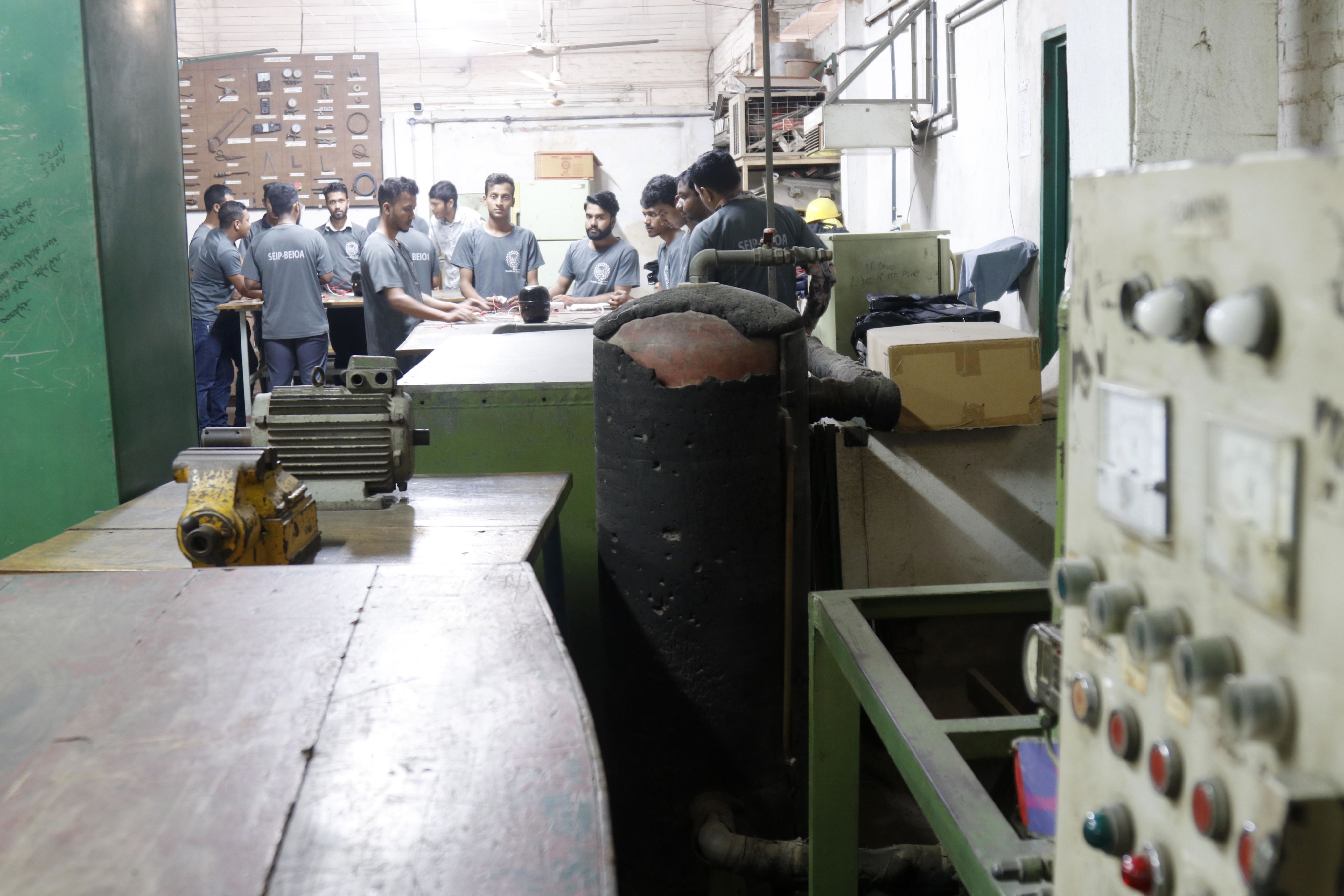
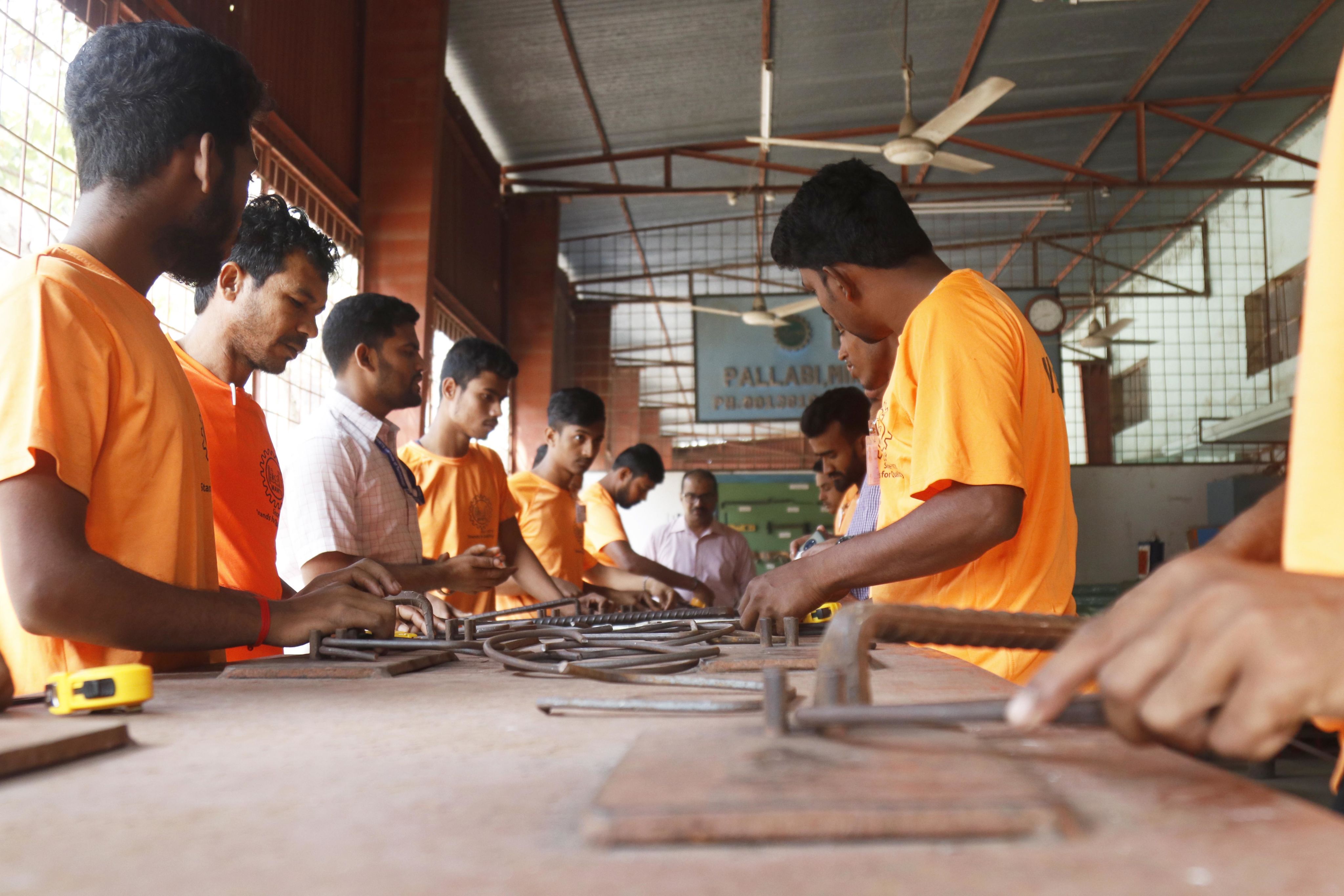
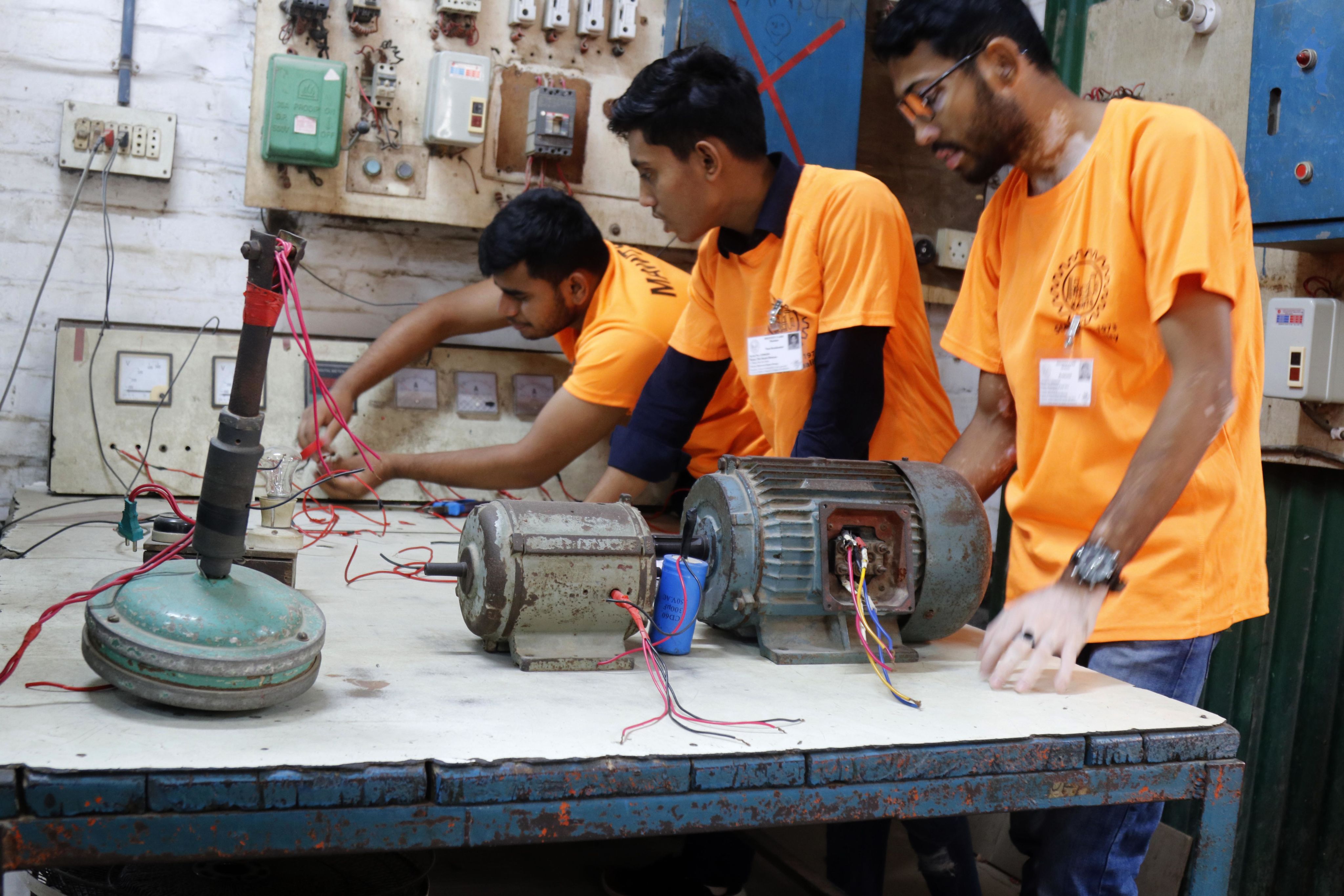
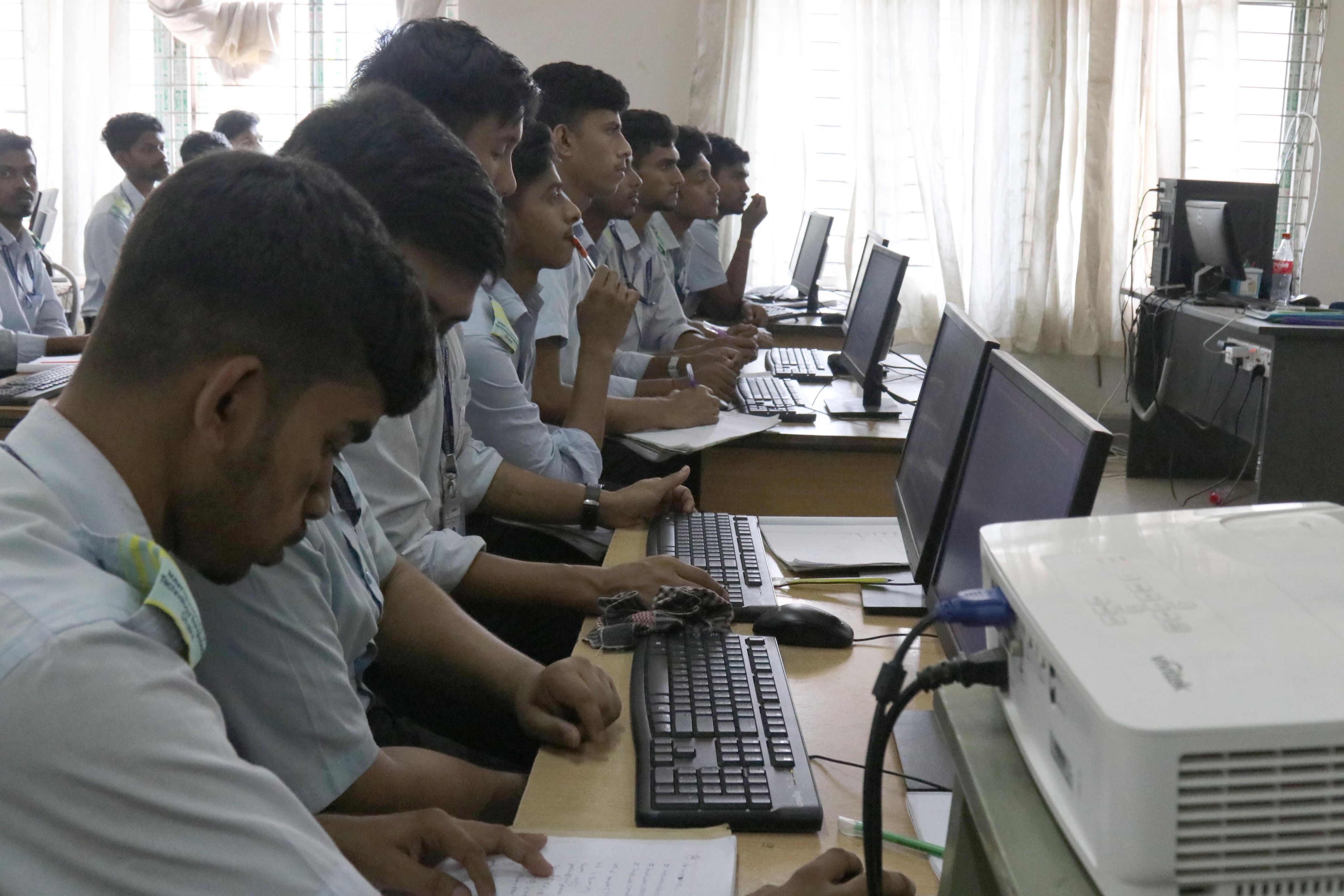
As MAWTS celebrates its 50th anniversary, its commitment to fostering skilled manpower remains as relevant as ever.
The institute's role in national development is lauded by Shirin Sharmin Chaudhury, Speaker of the National Parliament. "Graduates from MAWTS never remain unemployed. This institute has been pivotal in our journey toward economic resilience," Chaudhury said.
In addition to its educational offerings, MAWTS also features a job placement desk that facilitates employment for its graduates, connecting them with leading companies both domestically and internationally.
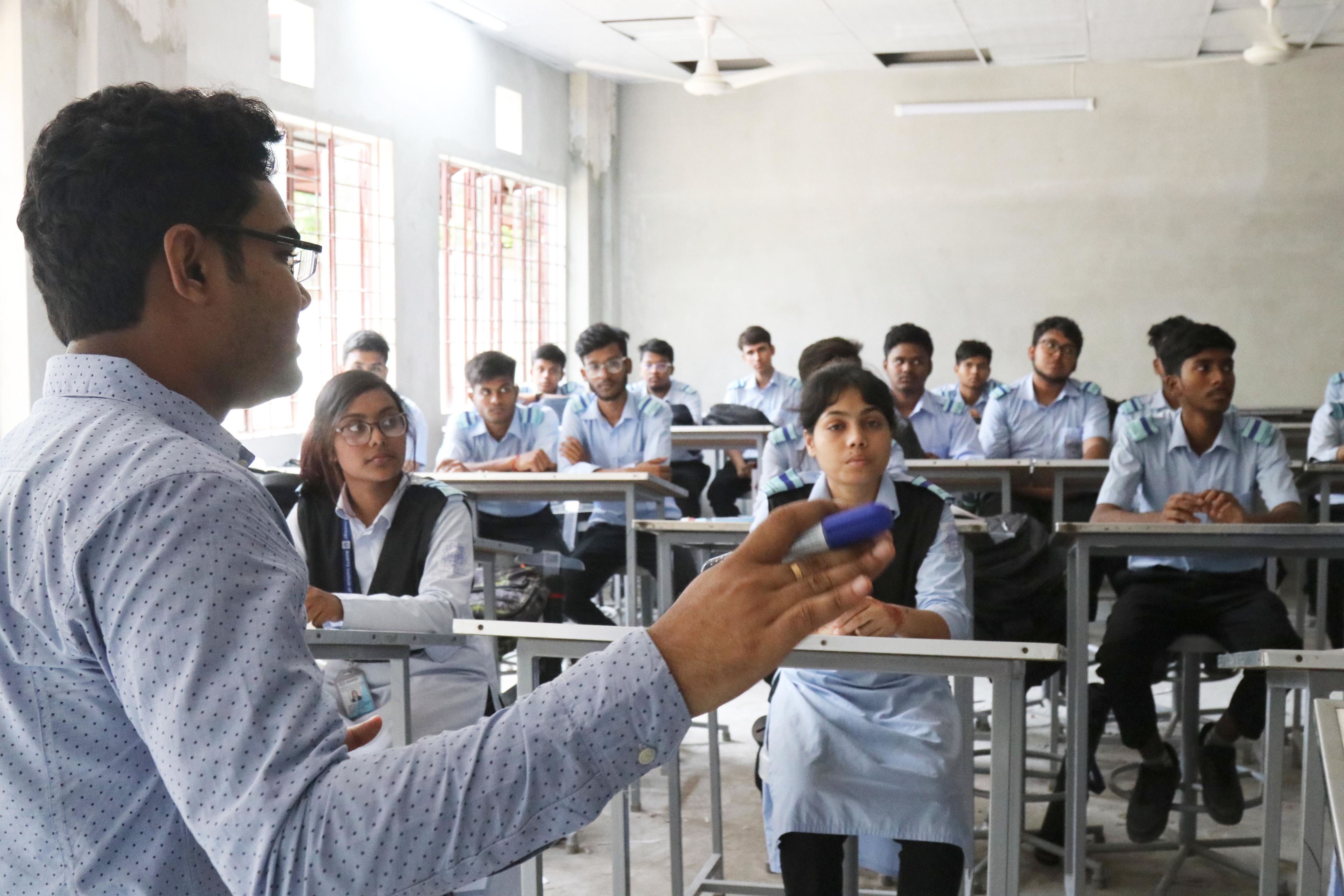
Teachers at MAWTS diligently engage with their students during lessons.
Teachers at MAWTS diligently engage with their students during lessons.
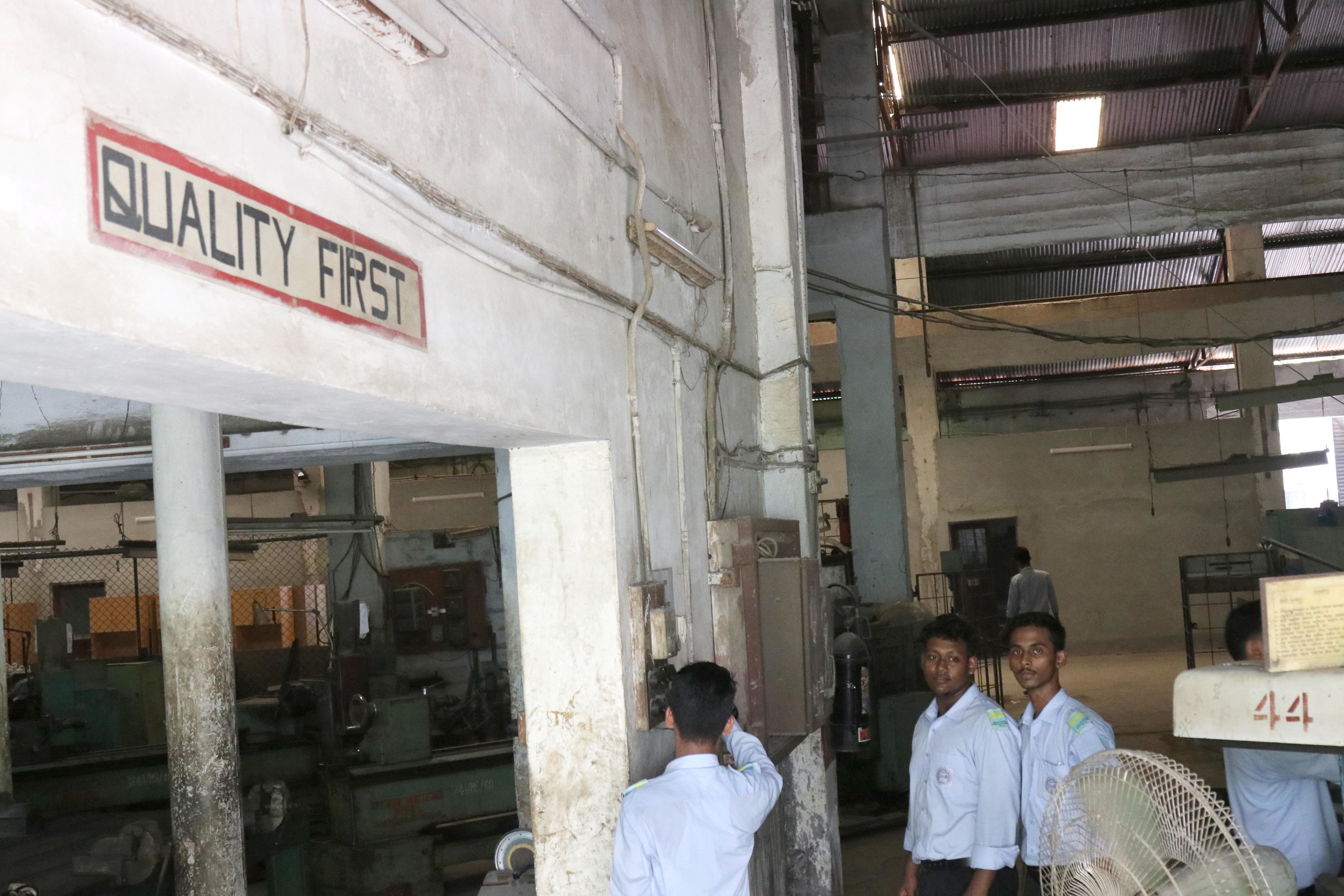
MAWTS is committed to providing quality education and products.
MAWTS is committed to providing quality education and products.

Beyond education, MAWTS involves students in product-making as part of their practical
Beyond education, MAWTS involves students in product-making as part of their practical

MAWTS is equipped with various tools and machinery to enhance students' education and
MAWTS is equipped with various tools and machinery to enhance students' education and
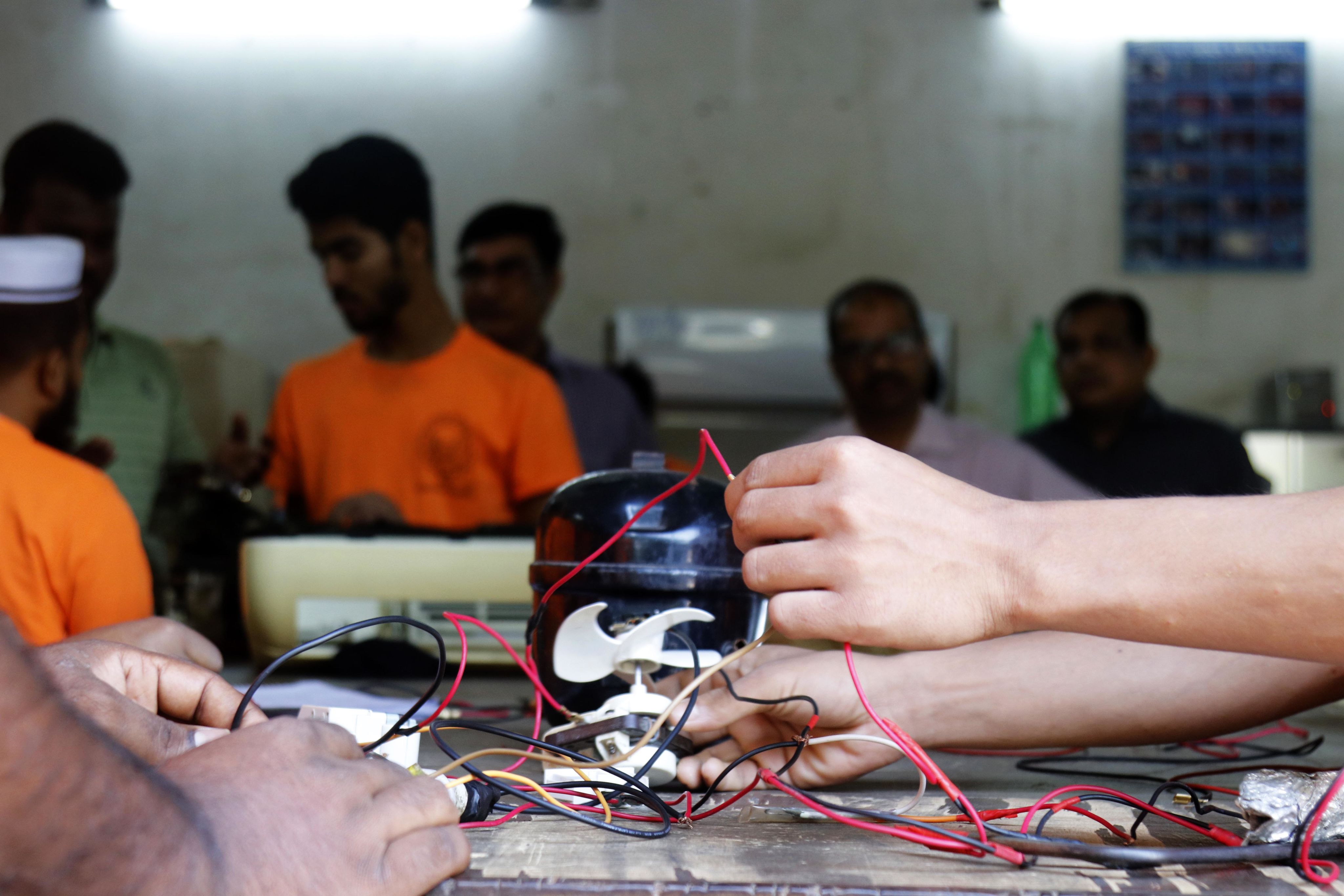
Electrical department students perform practical exercises as part of their coursework.
Electrical department students perform practical exercises as part of their coursework.

Niaz Morsher, a Civil Technology teacher, instructs students in the classroom.
Niaz Morsher, a Civil Technology teacher, instructs students in the classroom.
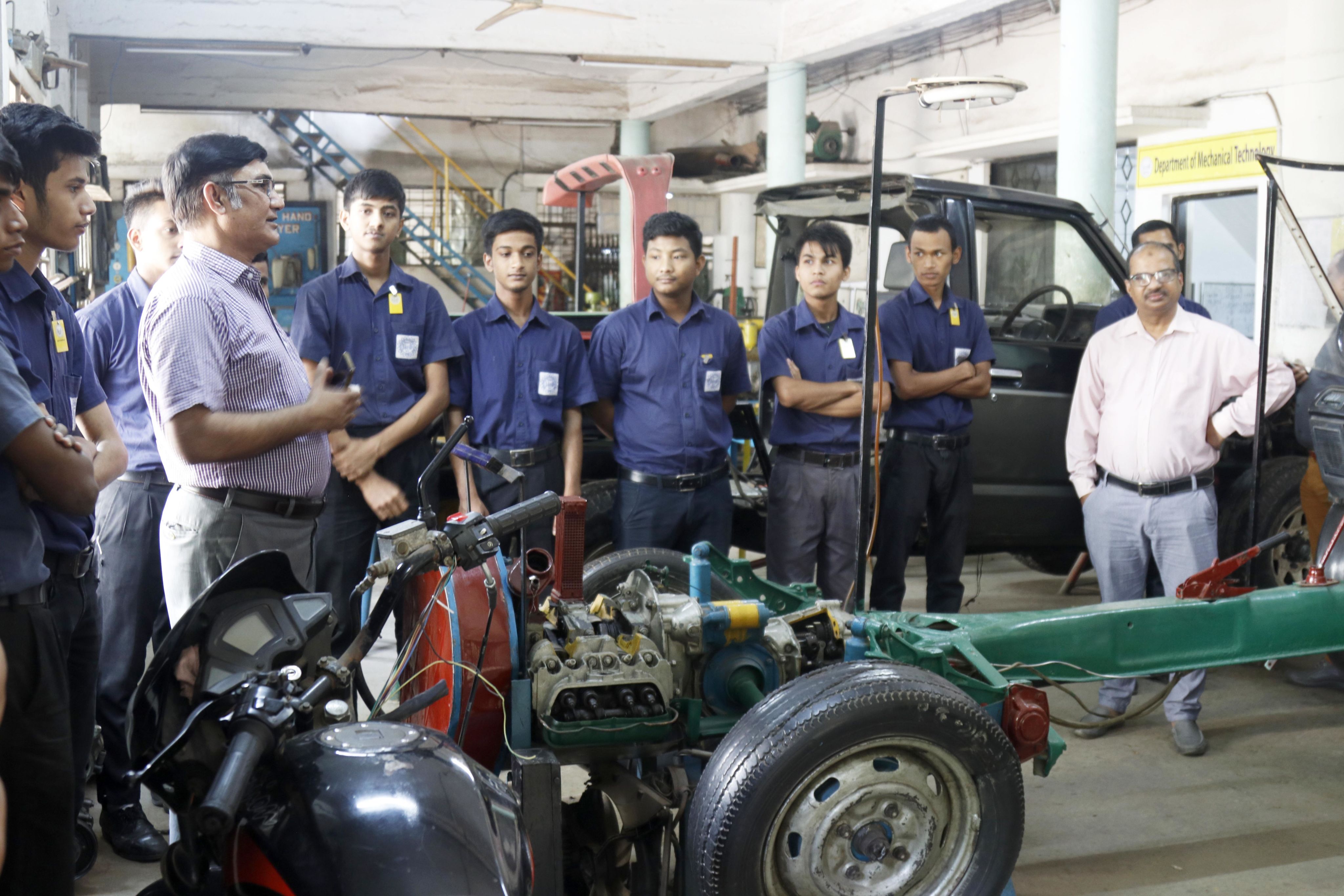
Automobile department students participate in a practical class under teacher supervision
Automobile department students participate in a practical class under teacher supervision

Students practice rod binding to prepare for job opportunities abroad.
Students practice rod binding to prepare for job opportunities abroad.
This approach ensures that students not only receive education but also gain meaningful employment, effectively bridging the gap between training and job market needs.
In the backdrop of technical advancements and a globalizing workforce, MAWTS stands as a testament to the power of education.
Not just business but mission
The church-run organization could have been the largest technical school in Bangladesh. It could have expanded to other countries if it were a business entity or a corporate academic institution.
Like many other church-run institutions worldwide, financial constraints are severely limiting MAWTS's capacity to provide training to more people, particularly undereducated or uneducated poor individuals.
Gomes noted a significant shift in the organization's funding structure. Where foreign donors once provided substantial support, that funding stream has dried up, forcing MAWTS to rely on self-financing.
This change has led to a reduction in the number of people MAWTS can train. "Our ability to offer training to more individuals, who could become self-reliant with the right skills, is now limited without external funding," Gomes said.
The organization is also facing challenges in its efforts to expand its educational offerings. MAWTS has plans to upgrade from providing diplomas to offering bachelor's degrees, a move that requires additional buildings and classrooms.
However, the lack of financial resources has stalled these plans. According to Gomes, donor agencies are currently not funding education in Bangladesh, and potential investors are more interested in business relationships, which conflicts with MAWTS's non-profit mission.
Despite these challenges, MAWTS continues to operate short-term mobile tactical schools, offering training in skills such as sewing, motor mechanics, and electrical work.
However, the number of these schools is insufficient to meet the demand, and expanding them requires more funding.
"With government incentives or donor funding, we could play a more substantial role in reducing unemployment in the country,” said Gomes.
Amidst these limitations and challenges, MAWTS continues to provide services to poor Bangladeshis, driven not by profit but by a mission to help curb the unemployment crisis in the country, according to Gomes.
For students like Soren, it is more than a training school—it's a pathway to a new life, promising not just employment but a chance to rise above the confines of poverty and contribute meaningfully to society.
With generous support from
Aid to the Church in Need
Dreikönigsaktion
missio Aachen
Text and photos by Stephan Uttom Rozario
Edited by Mark Saludes
Produced by June Nattha Nuchsuwan
Published July 28, 2024
© Copyright MMXXIV LiCAS.news
